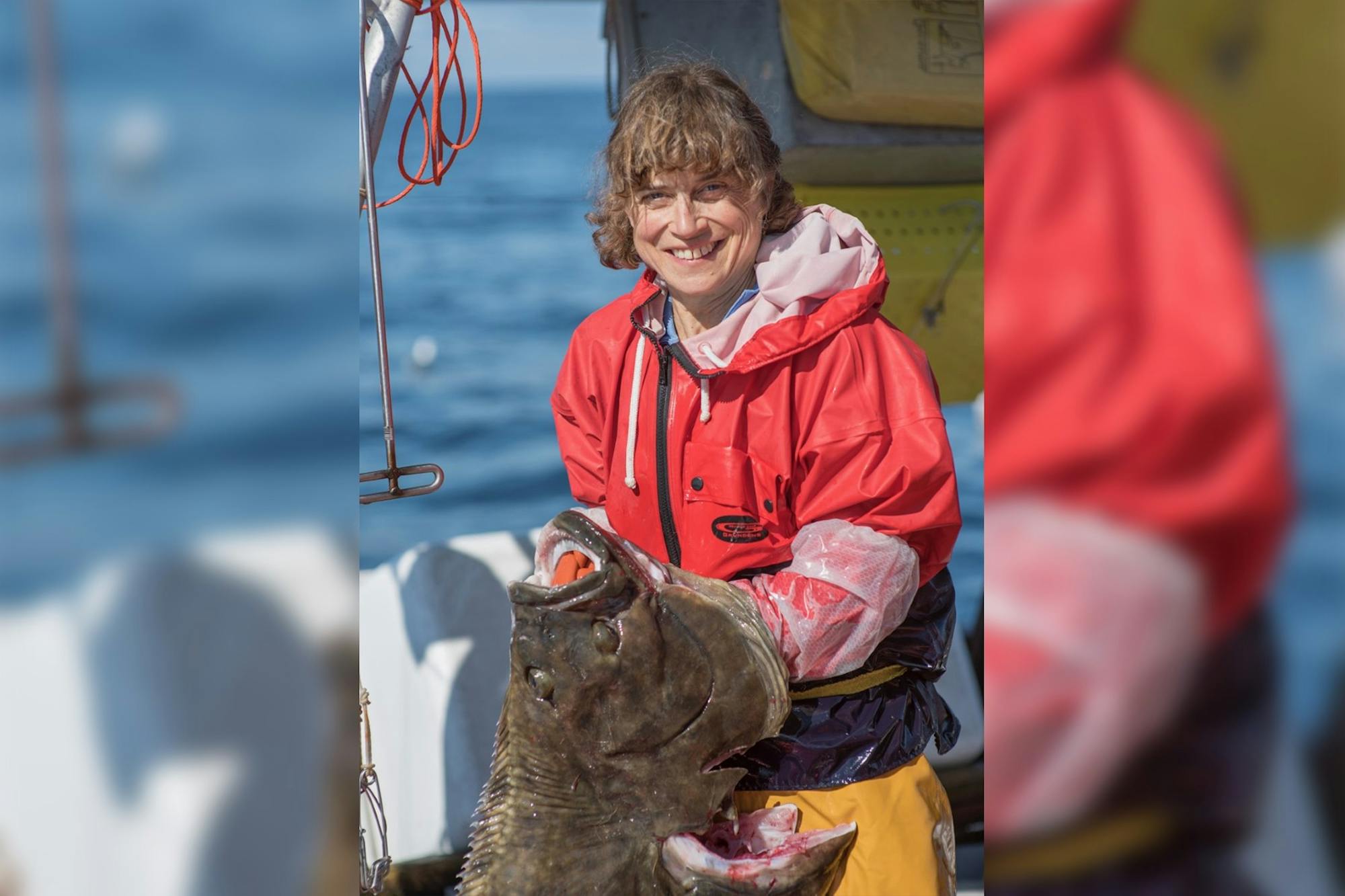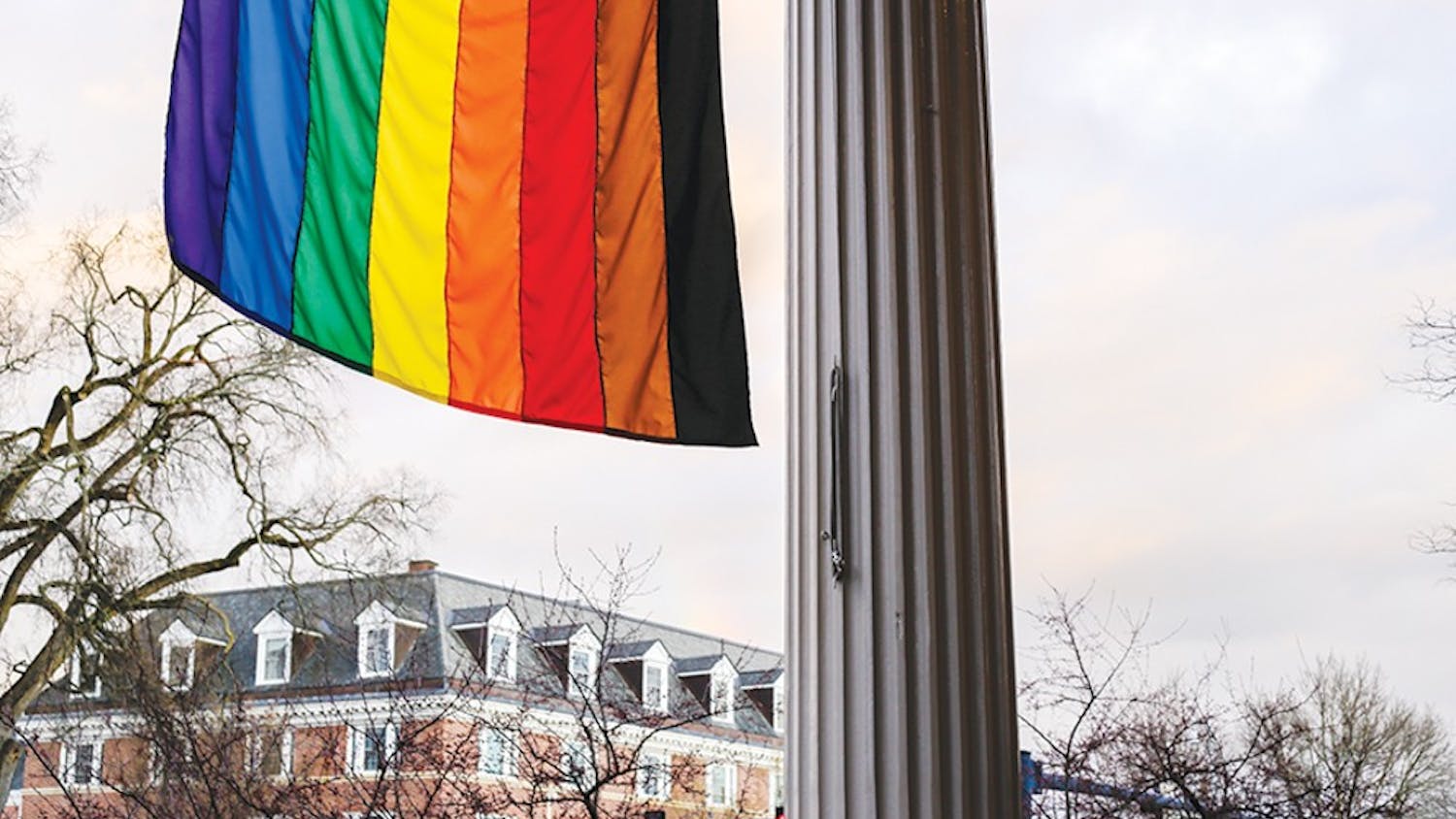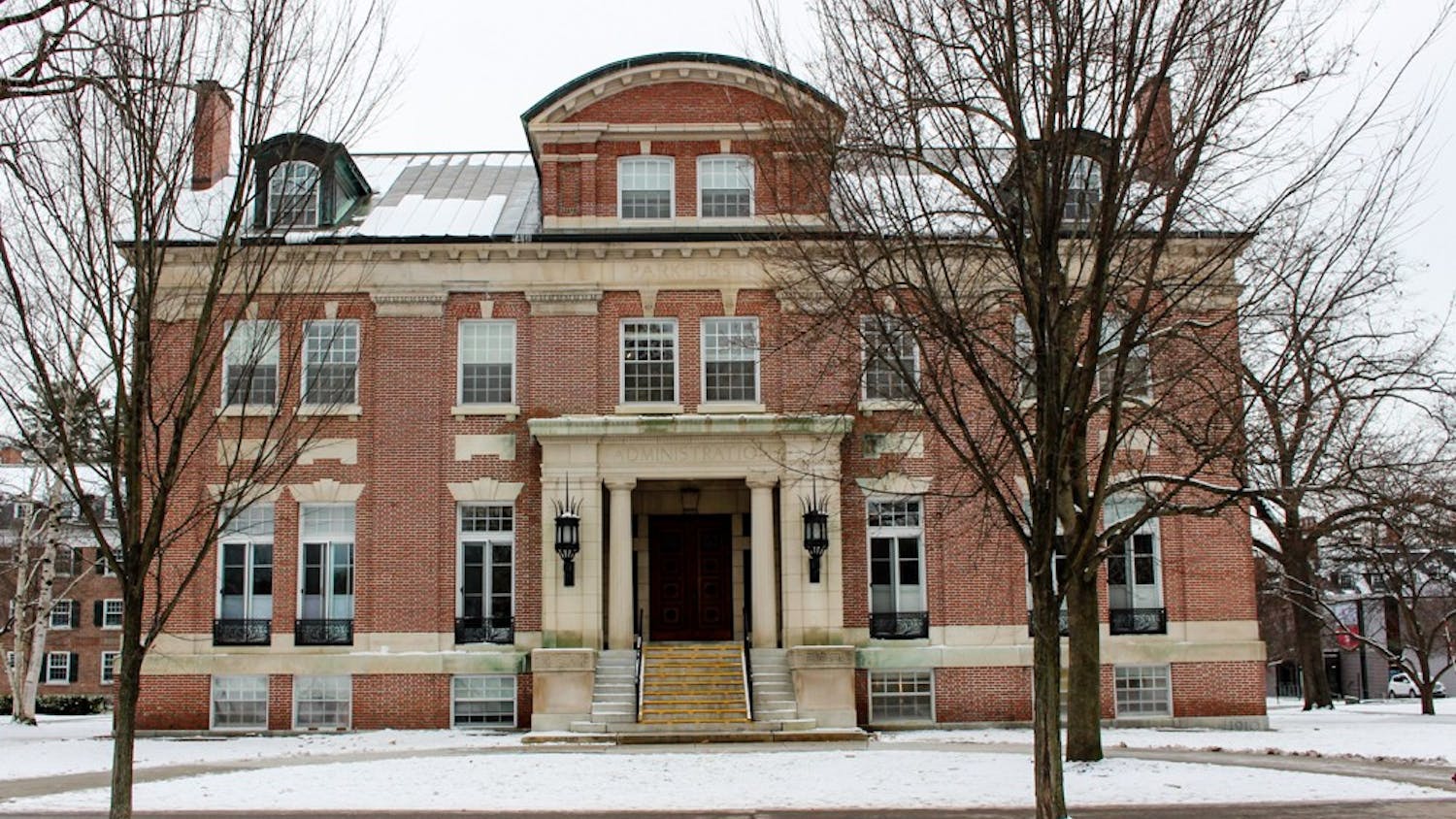Linda Behnken ’84, a commercial fisherman and executive director of the Alaska Longline Fishermen’s Association, has received the Heinz Family Foundation’s Heinz Award for the Environment for her work in sustainable fishing and environmental conservation.
As head of ALFA, Behnken, who began fishing commercially in Alaska during her time at Dartmouth, has overseen several initiatives to promote sustainability in fishing while protecting rural Alaskan fishing communities. The Heinz Family Foundation, which annually recognizes the contributions of “outstanding individuals” in areas including the arts, environment and public policy, has awarded Behnken the $250,000 prize for her work.
One of ALFA’s most notable accomplishments under Behnken was a ban on trawling — a fishing practice that involves dragging large nets behind a boat, often damaging marine ecosystems in the process — in federal waters off of Alaska. Behnken also helped to create an apprenticeship program aimed at safely introducing youth interested in fishing to the field. So far, she has helped place over 50 people in their first jobs, more than half of them women.
In her role as executive director of ALFA, Behnken helped create the Southeast Alaska Sperm Whale Avoidance Project in an effort to protect sperm whales from boats. Additionally, Behnken worked to establish the Fishery Conservation Network as a space where fishermen themselves can be involved in conservation and resource management. In 2016, President Barack Obama appointed Behnken to the International Pacific Halibut Commission during his final round of appointments of his term. The following year, Behnken was honored by the Thirtieth Alaskan Legislature for her advocacy efforts for small fishing communities.
Behnken graduated from Dartmouth with a degree in English and environmental studies. She said that she grew up with a passion for the outdoors and spent much of her time out on the ocean. While at Dartmouth, she studied abroad in Kenya’s Turkana County, where she said she learned the importance of incorporating local communities into conservation efforts in order to create long-lasting solutions.
Behnken worked in Alaska during her off terms and breaks before eventually moving there to work full time as a fisherman. While in Alaska, after being exposed to the policies that affect the fishermen living in local communities there, she decided to study fishery policy at the Yale University School of Forestry and Environmental Studies.
“There was just enough I saw while fishing — of what was going on in the ocean and happening in fisheries policy — that I decided to go back to graduate school wanting to be a more effective advocate for the ocean and the small scale fisheries,” Behnken said.
Heinz Awards are awarded to individuals who have shown a “mix of vision, optimism, creativity and hard work which, when combined, produce tangible achievements of lasting good,” according to the Heinz Awards website. Award winners’ ideas should have “an enduring and meaningful impact” and “be sufficiently tangible to serve as a model for replication” somewhere else.
Heinz Awards director and program officer Kim O’Dell said that Behnken’s community-based approach to sustainability stood out to jurors this year. She said that Behnken was chosen as one of seven winners out of 400 total nominations for the Heinz Awards across all categories.
“[Behnken] is to be lauded for her unwavering commitment to conservation, sustainability and helping everyone in her community,” O’Dell said.
Behnken said that there is a severe lack of representation of women in the fishing industry, though she noted that overall, this has not held her back.
“One of the things that attracted me to fishing is it's not anything about what you look like or other aspects of you — it's what you can do when you're working first as crew,” Behnken said. “… It's a really physically challenging job.”
She added that she has definitely encountered situations where people are surprised, and even laugh, when she shared she was a commercial fisherman.
Behnken said that she commends Dartmouth for being a place where she was able to learn how to think critically and where she was able to explore the outdoors. She said that her major in environmental studies taught her many of the skills that she uses today.
“I often hear people put down the kind of liberal arts education. And I just think it's so valuable, because it does teach you critical thinking, and it teaches you that it's important to learn different disciplines,” Behnken said.
Vice president for alumni relations Cheryl Bascomb ’82 said that Behnken’s accomplishments are reflective of her liberal arts education.
“When you think of Dartmouth alumni, you should think of people who are active in saving fisheries ... you should think of people who span a wide array of different kinds of leadership,” Bascomb said. “[Behnken] was able to combine her avocation, her education and her occupation.”

Manasi Singh '24 is from Cincinnati, Ohio. She is majoring in anthropology and politics, philosophy and economics. At The Dartmouth, she wrote for news and Mirror but later transitioned to the business staff. Manasi now serves as the Publisher.




